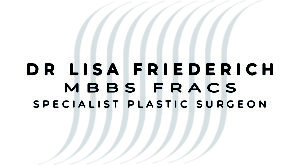
procedures/gender
Mastectomy
About
This operation has evolved over the last 20 years to become more than simple mastectomies. The priority now is to not only remove the breast tissue, but to masculinise the chest, with appropriate nipple/areola and scar placement. This procedure is suitable for transmen, non-binary individuals or those with chest dysphoria. The nipple and areola can be maintained, or removed depending on patient preference. Many patients will need a second stage surgery to optimise the transformation.
Hospital
The surgery is performed in a fully accredited hospital under general anaesthesia and takes approximately 3-4 hours to complete. Hospital stay is usually an overnight stay, with discharge around lunchtime the next day.
Recovery
A binder is recommended for the first 2 weeks after surgery. At least 1-2 weeks should be taken off of work and you should avoid upper body exercise for at least 4 weeks.
Fees
The total fee has 4 components: the Surgeon's fee, the Anaesthetic fee, the Hospital fee and the pathology fee. If you have private cover the surgical fee will be approximately $12,000 before any rebates. The anaesthetic fee is likely to be around $3500. If you do not have private insurance, you will need to pay the hospital fee of around $6,000.
Medicare eligibility
This operation qualifies for item number 31529. The Medicare rebate is around $1100 and private funds will pay approx $500 on top of this.
Check your cover
You should call your healthfund and check that you have the appropriate level of cover for this operation. The item number for this operation is 31529.
